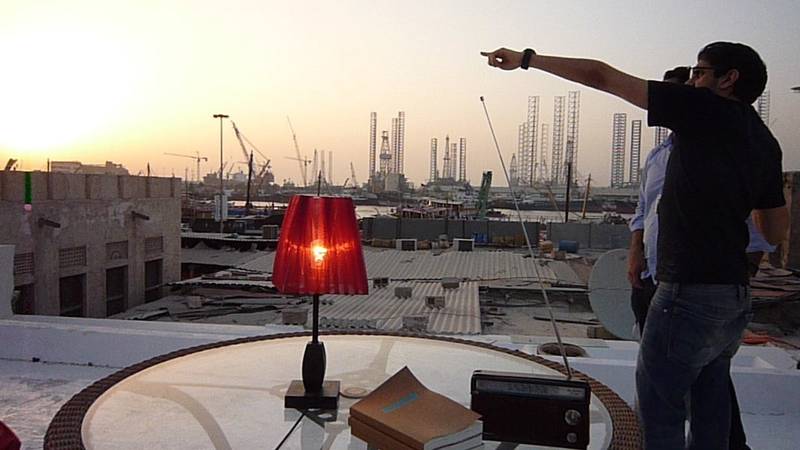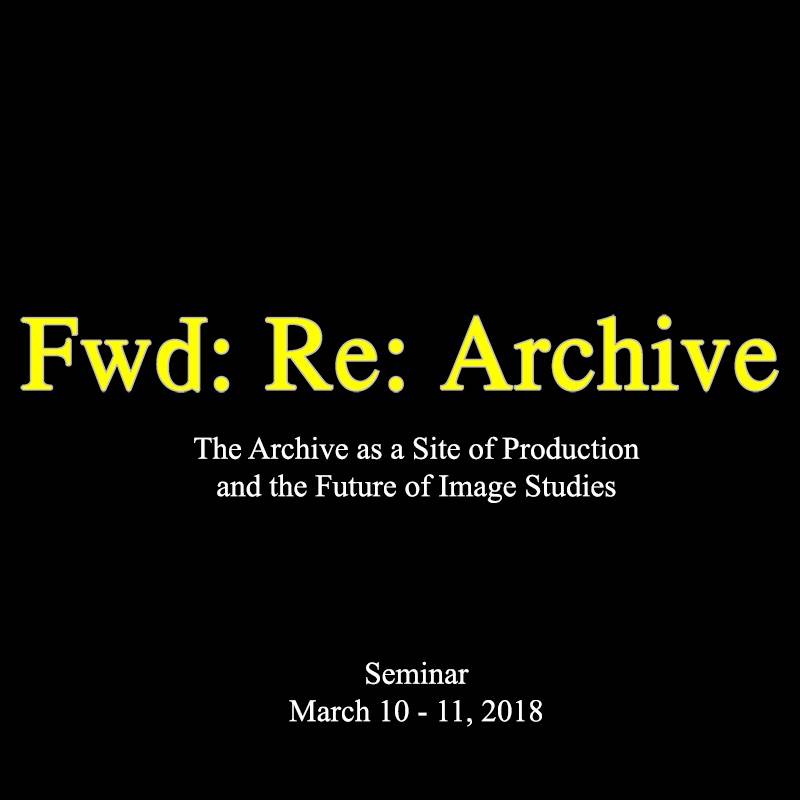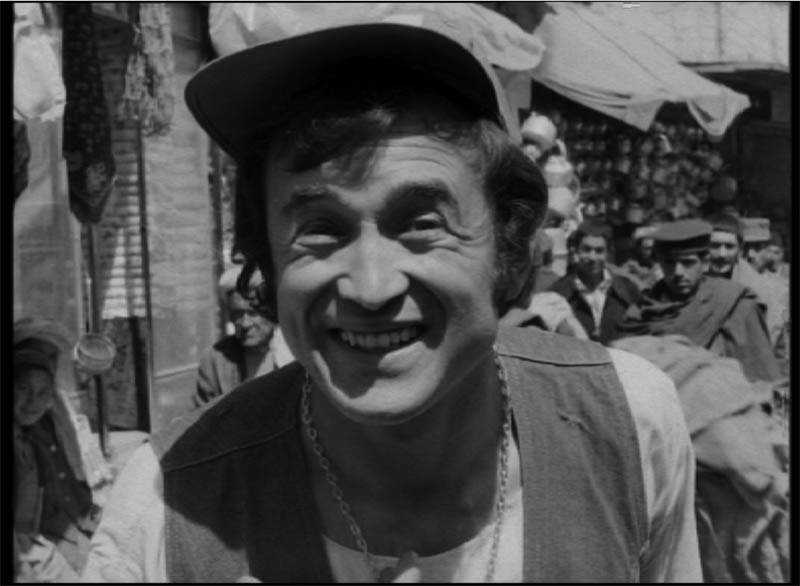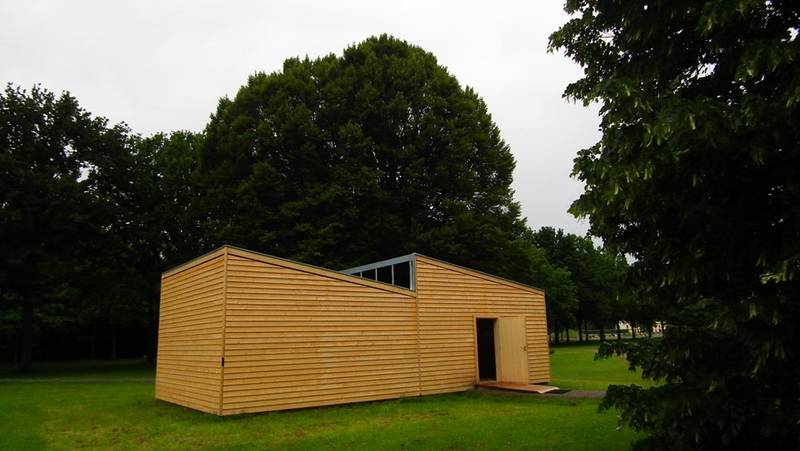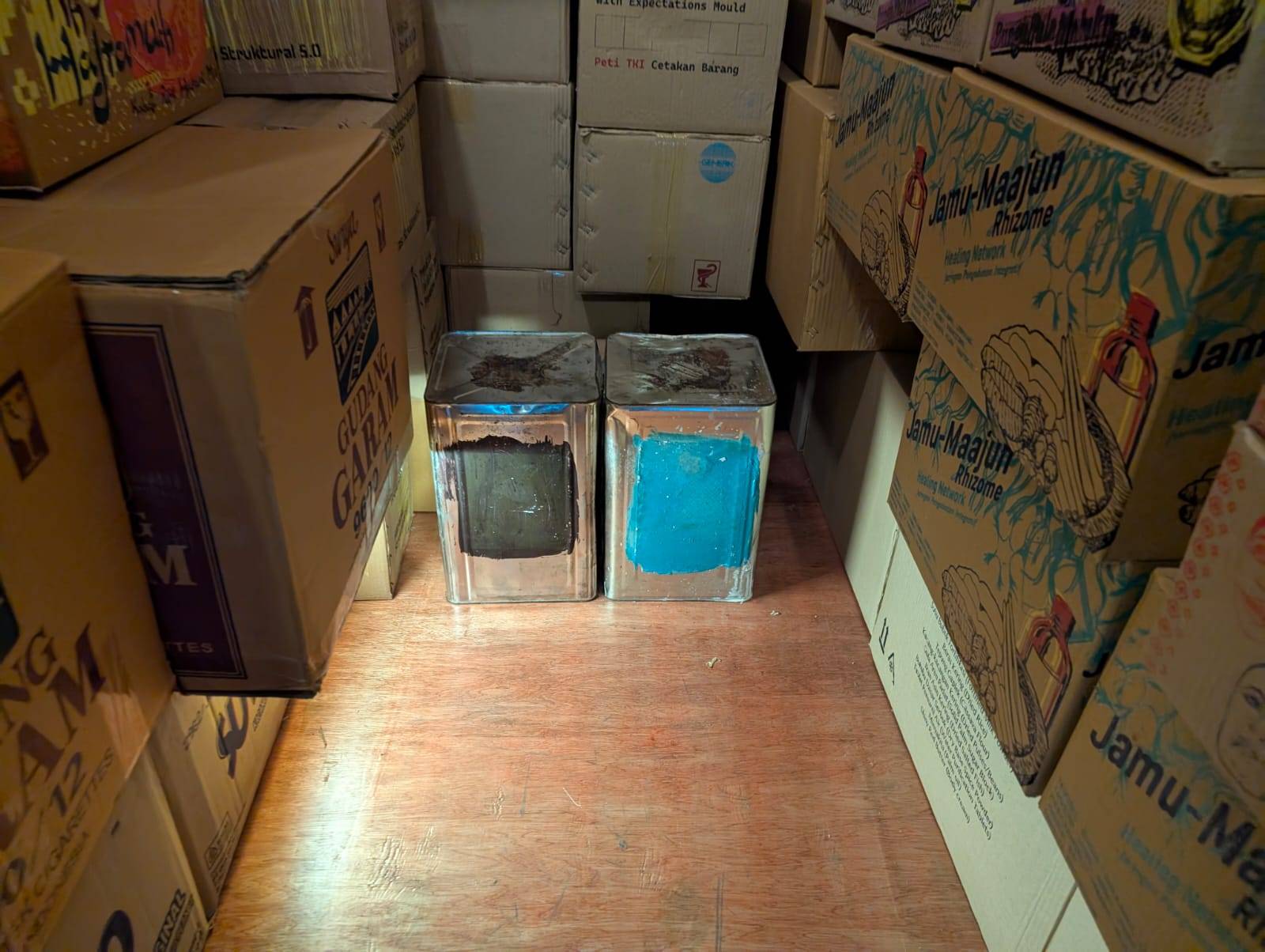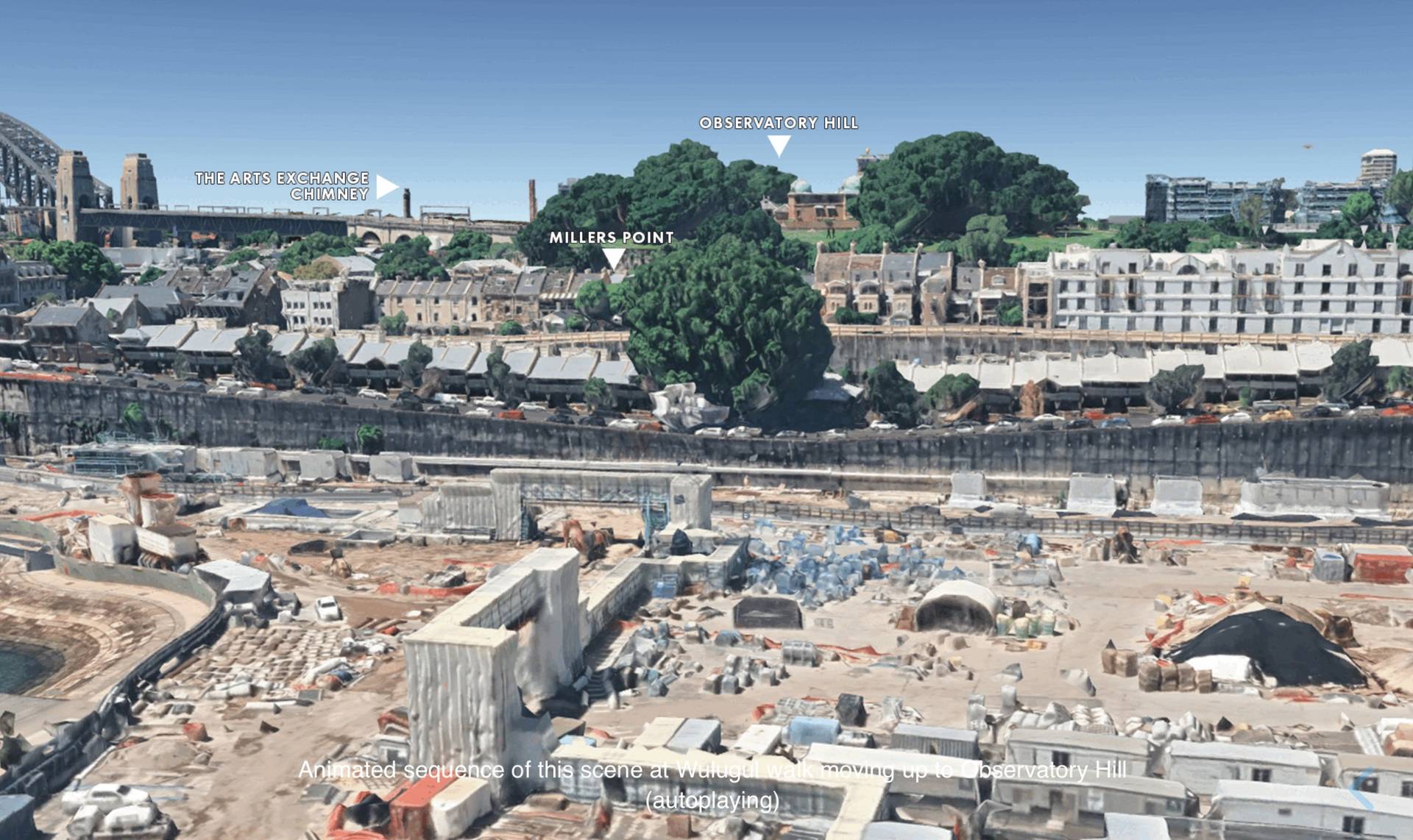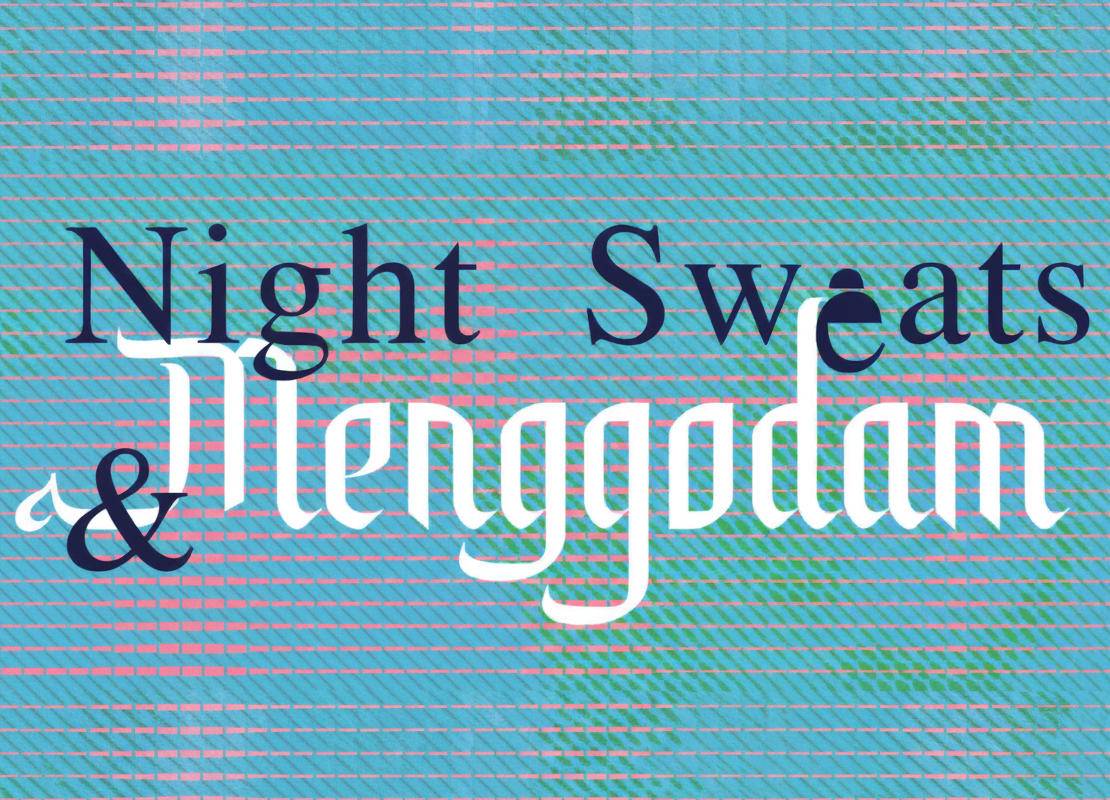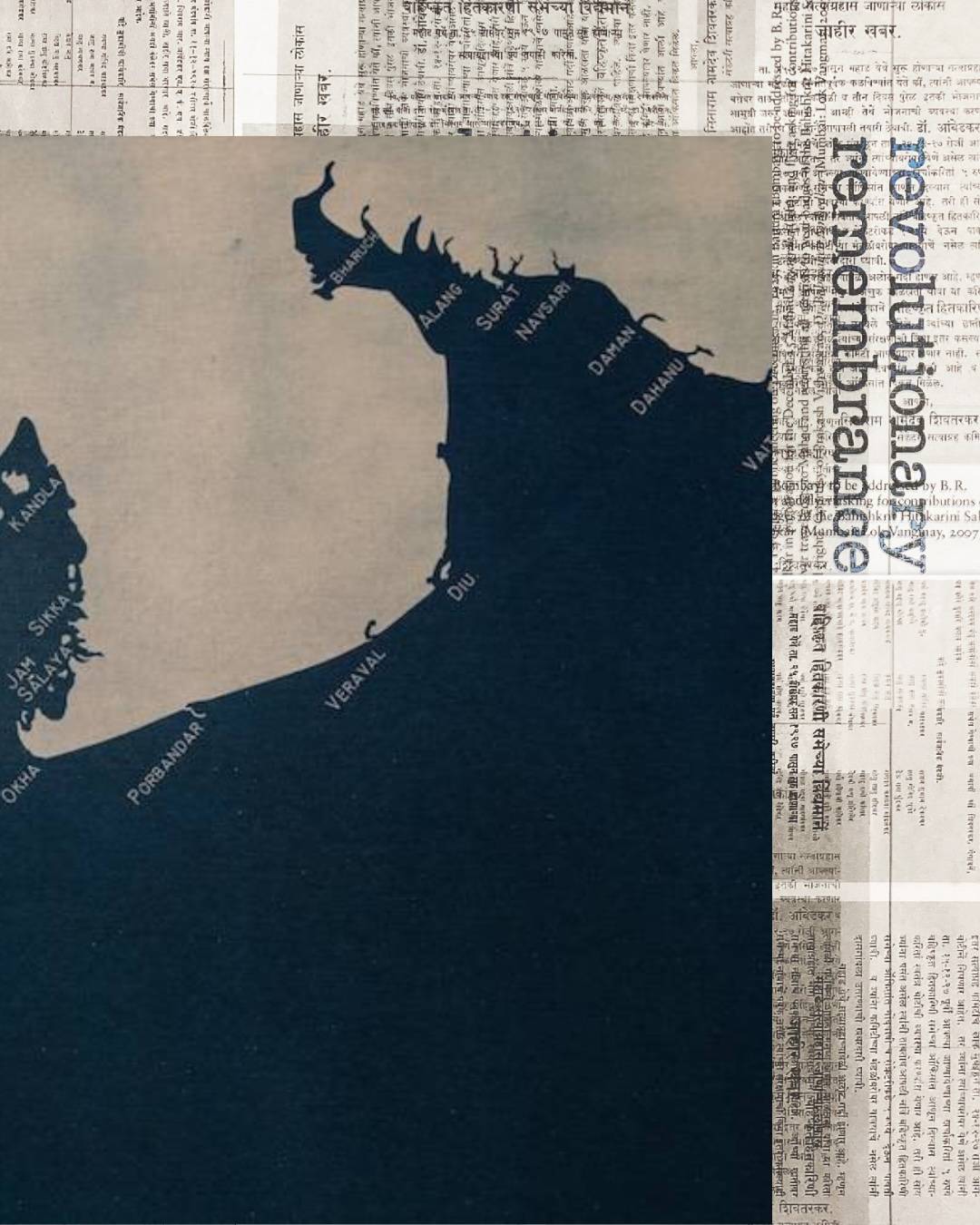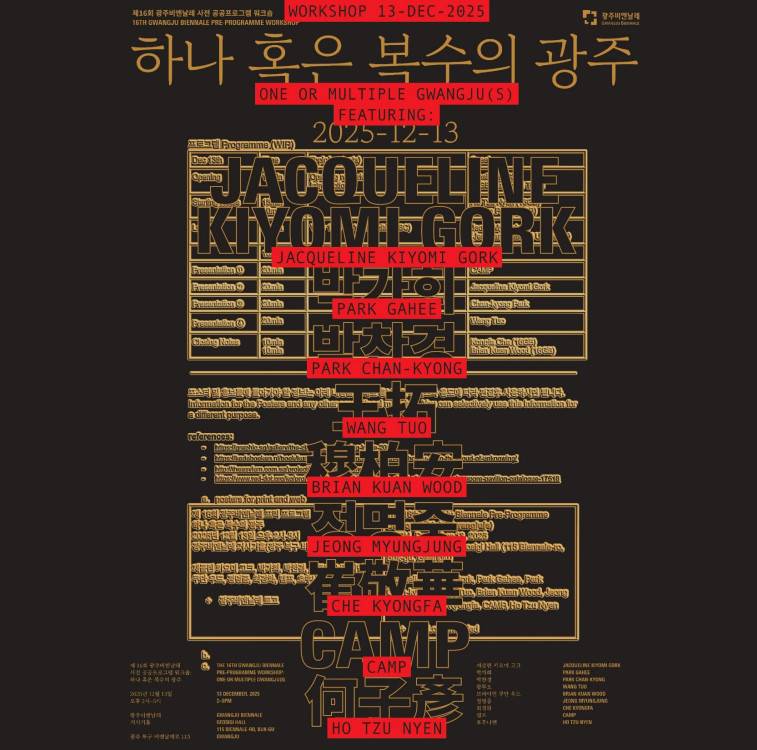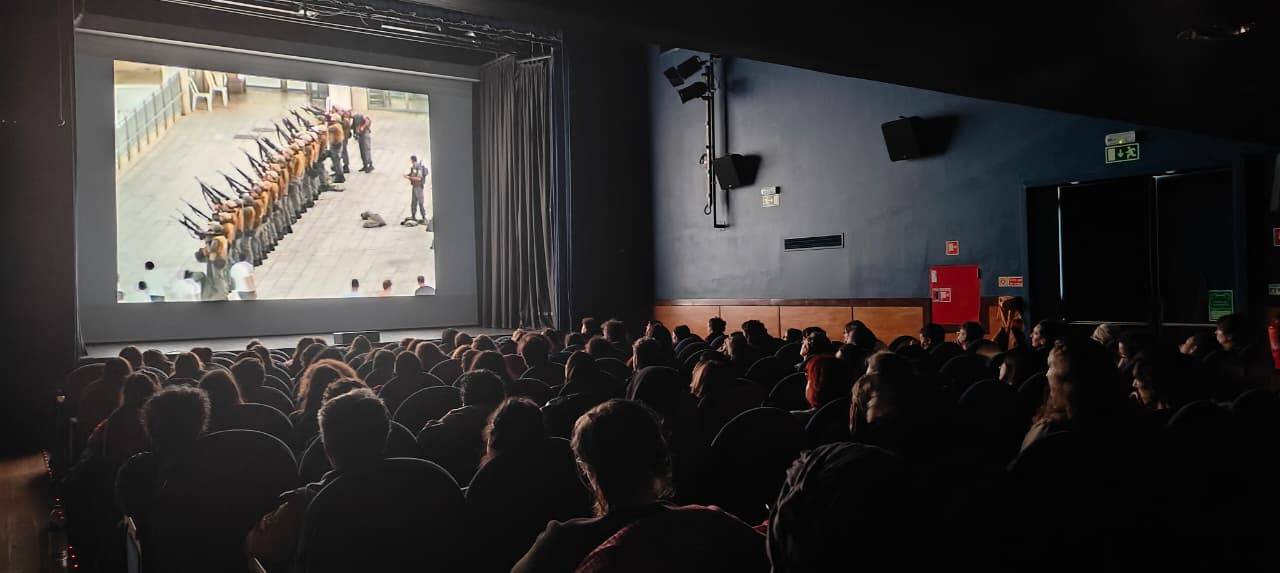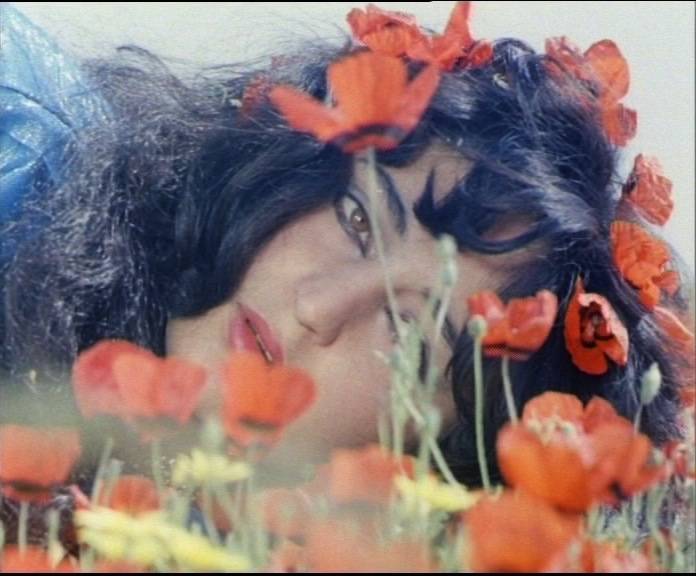
Archive Practicum: Dont Wait for the Archive 3
March 25, 2012 - April 16, 2012
A workshop at
Afghan Films, Kabul
March 25th to April 15th, 2012
with Shaina Anand, Vijay Chavan, Mariam Ghani, Faiza Khan, Ashok Sukumaran and members and staff of Afghan Films
To "not wait for the archive" is to enter the river of time sideways, a bit unnanounced, much like the digital itself did, not so long ago. (1)
Afghan Films, the national film institute of Afghanistan, opened in 1968. In March/April 2012, we held a workshop there called 'Archive Practicum', working with Afghan Films' archive, the peculiar forms of history present in it, and its possible futures. The emphasis was not only on physical preservation of films, but on asking what kinds of memory lives in these images, and in the people working with them for the past decades.
The negative archive
of Afghan Films is intact, protected and persevered by a long-term
staff who also produced and screened these films, through vagaries of
political upheaval. To watch these reels is to see an often violently
changing ideological landscape against the
continuous effort and precariousness of making films, under such
conditions. These images travelling now from film to pixels showed us
rich, surprising and joyful things, begging a broader audience. But it
will need both concrete work and special charms to make this move work.
Our workshop attempted in tactical ways to build the first steps towards this: leaving behind the idea of the archive as a fortress, entering more fertile and open territories.
It began with a bit of time-travel: Vijay Chavan, a Bombay film
technician still adept at working with 1980's Spirit telecine machines
arrived in Kabul. He repaired the existing
FDL90 telecine machine and editing Steenbeck, and trained four staff
members in using and trouble-shooting them. Shortly afterward a local
database was set up using an offline instance of Pad.ma. Pad.ma is a
web-based video platform, run by a collective including CAMP in Mumbai,
0x2620 in Berlin and the Alternative Law Forum
in Bangalore. Unlike YouTube, its focus is on deep annotation and
metadata, i.e. both written and automated analysis of video material,
often footage and not finished films. The software platform is built with the
idea that digitised film can be indexed and enhanced with rich
metadata, including time-coded transcriptions, translations and
annotations (which can range from historical context, to interviews with
cast and crew, to critical essays by film scholars).
To introduce these dimensions into the film database, the digitising of reels was accompanied by a process of talking to people both in Afghan Film and beyond. The 90 or so films digitised during the workshop range from the 1920's to the 1990's, and cut across many genres including newsreel, documentary and fiction features. Several of the current Afghan Films staff have worked here since the
1970's and have worked on these films as directors, cameramen or
actors. Our conversations with them translated into a rich set of
annotations for the digital film material, and are an inspiration for the piece that follows.
The workshop ended with an outdoor screening of excerpts from the archive in Shar-e-Nau Park, Kabul. In June, when the growing database makes its public debut both in Kassel and Kabul, much of this material will be seen for the first time in many decades. The voices of communities around the films, and our own voices as artists, filmmakers and enthusiasts, will hopefully provide an accompaniment.
Crowds and Audiences from the Afghan Films Archive












